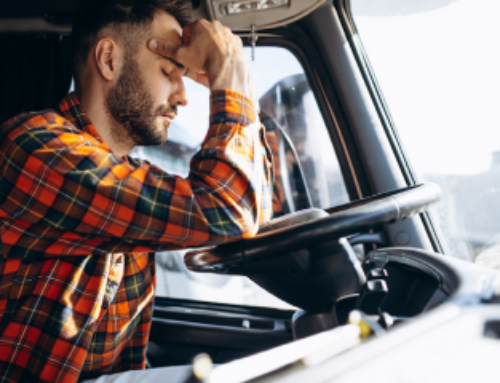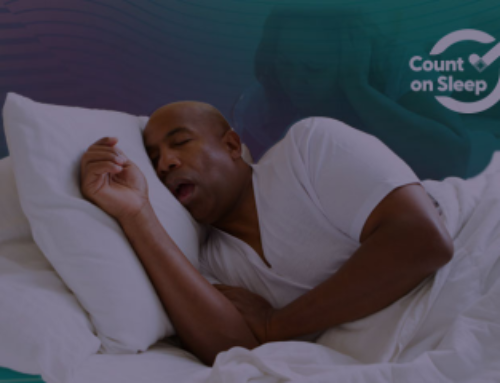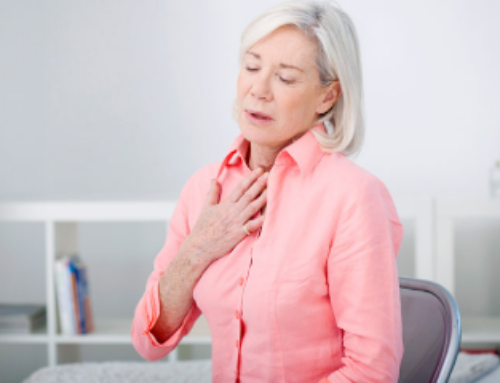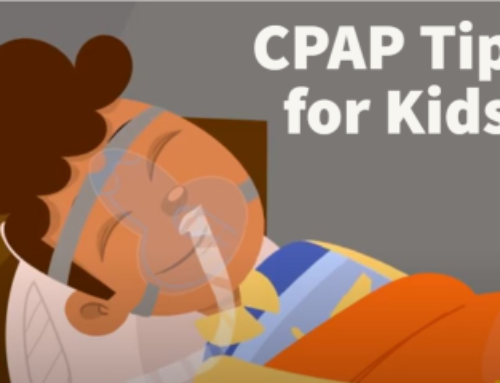Living with a sleep disorder can be a battle of the body and the mind. It is easy to become frustrated when you have trouble sleeping at night or staying awake during the day. For many people with obstructive sleep apnea (OSA), this frustration can turn into despair. Research shows that the risk of depression is high in people with sleep apnea.
A study in the February 15 issue of the Journal of Clinical Sleep Medicine shows how common it is for people with sleep apnea to have depression. The study involved 1,106 adults with sleep apnea. Depression was found in about 19 percent of men and 37 percent of women in the study group.
The rate of depression is much lower in the general population according to a 2002 report by the U.S. Preventive Services Task Force. Depression is found in about 5 percent to 9 percent of adults who visit a primary care doctor. Women are more likely than men to be depressed.
The effect of major depression can be disabling, reports the National Institute of Mental Health. You may be unable to sleep, to work, and to function normally. Activities you used to enjoy may no longer bring you pleasure. Other signs of major depression include:
- Ongoing sadness
- Feelings of hopelessness
- Restlessness
- Fatigue
- Insomnia
- Eating too much or too little
- Suicidal thoughts
A study in the Archives of Internal Medicine in 2006 also shows a high rate of depression in people with sleep apnea. The study involved 1,408 adults who were evaluated for sleep apnea. Results show that a person with mild sleep apnea is two times more likely to have depression than a person without sleep apnea. People with more severe sleep apnea are even more likely to develop depression.
There is hope for people with sleep apnea who also struggle with depression. Research shows that both problems improve with continuous positive airway pressure therapy. CPAP is the most common and effective treatment for sleep apnea. It provides a steady stream of air through a mask that you wear during sleep. The airflow keeps your airway open to prevent pauses in breathing. This restores normal oxygen levels.
A study published in the Journal of Clinical Sleep Medicine in 2007 examined the effects of CPAP on depression. It involved 50 adults with severe sleep apnea. They were evaluated after four to six weeks of CPAP treatment. Then they were examined again after about one year of treatment.
At the first follow-up point, depression symptoms were lower in 94 percent of the CPAP group. After one year, these improvements were sustained in 88 percent of the CPAP group.
People with sleep apnea who also suffer from depression may benefit from seeing a behavioral sleep medicine (BSM) specialist. These clinicians specialize in treating sleep problems without using medications. They rely on methods such as psychotherapy. You can find an online list of certified BSM specialists at the Society of Behavioral Sleep Medicine.
Help for people with a sleep problem can be found at sleep disorders centers that are accredited by the American Academy of Sleep Medicine. You can find an AASM-accredited sleep center near you.





